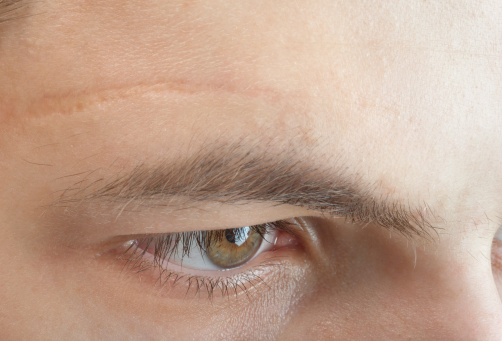
Facing a surgery that you are afraid may leave you with some scarring? You may be worried about the aftermath of the surgery, even though the surgery itself is in your best interest. Many surgeries these days are done using non-invasive techniques such as laparoscopic procedures, but others still involve cutting of the skin and muscle. Fear not, there are steps you can take to minimize the appearance of scars post-surgery.
Before the Procedure
Preparing for scar minimization is the first step you should take. Do you smoke? Stop at least two weeks beforehand. That’s because the nicotine will constrict blood vessels and slow down the healing process. The slower rate at which your incision heals, the higher the risk of scarring.
Do you drink alcohol, coffee and other beverages containing caffeine? Stop now too. These drinks can all dehydrate the body, preventing scars from healing fast. You’re better off going with water in the days leading up to your surgery. Couple that with a balanced diet of lean protein, vegetables and fruits, all while taking your regular multivitamins.
Are you overweight? If you can, get to a healthier weight before your surgery. The more overweight you are, the deeper the surgeon has to cut. This makes the chances of a clean incision more remote. It will also make it more difficult for your doctor to cleanly stitch the incision.
After the Procedure
Keep up with your healthy diet and sleep as much as you can. Why? Sleep keeps your hormones in check and reduces stress. Follow your doctor’s orders about avoiding strenuous exercise, which can put added stress on your incision. Those incision sites can stretch and re-open if the trauma is great enough.
After initial healing has taken place, prevent scar tissue from forming by massaging the area every day. Moisturized, soft skin will stay supple and prevent dry, flaking skin from becoming itchy. The last thing you want to do is scratch the affected area and re-open those wounds.
Light exercise is also good (once approved by your doctor) because this will bring more blood flow to the area. The oxygen and nutrients involved in this have healing properties.
You may want to look into microdermabrasion (wait till at least two months post-surgery and be sure to ask your doctor’s permission). This procedure will stimulate cell turnover at the scar site.
At-home scar reduction remedies remain the best way to keep scarring at bay. Scarfade in particularly has been clinically proven to reduce the appearance of scars. It’s a topical silicone scar gel that regulates production of collagen – a common treatment for scars resulting from surgery.
